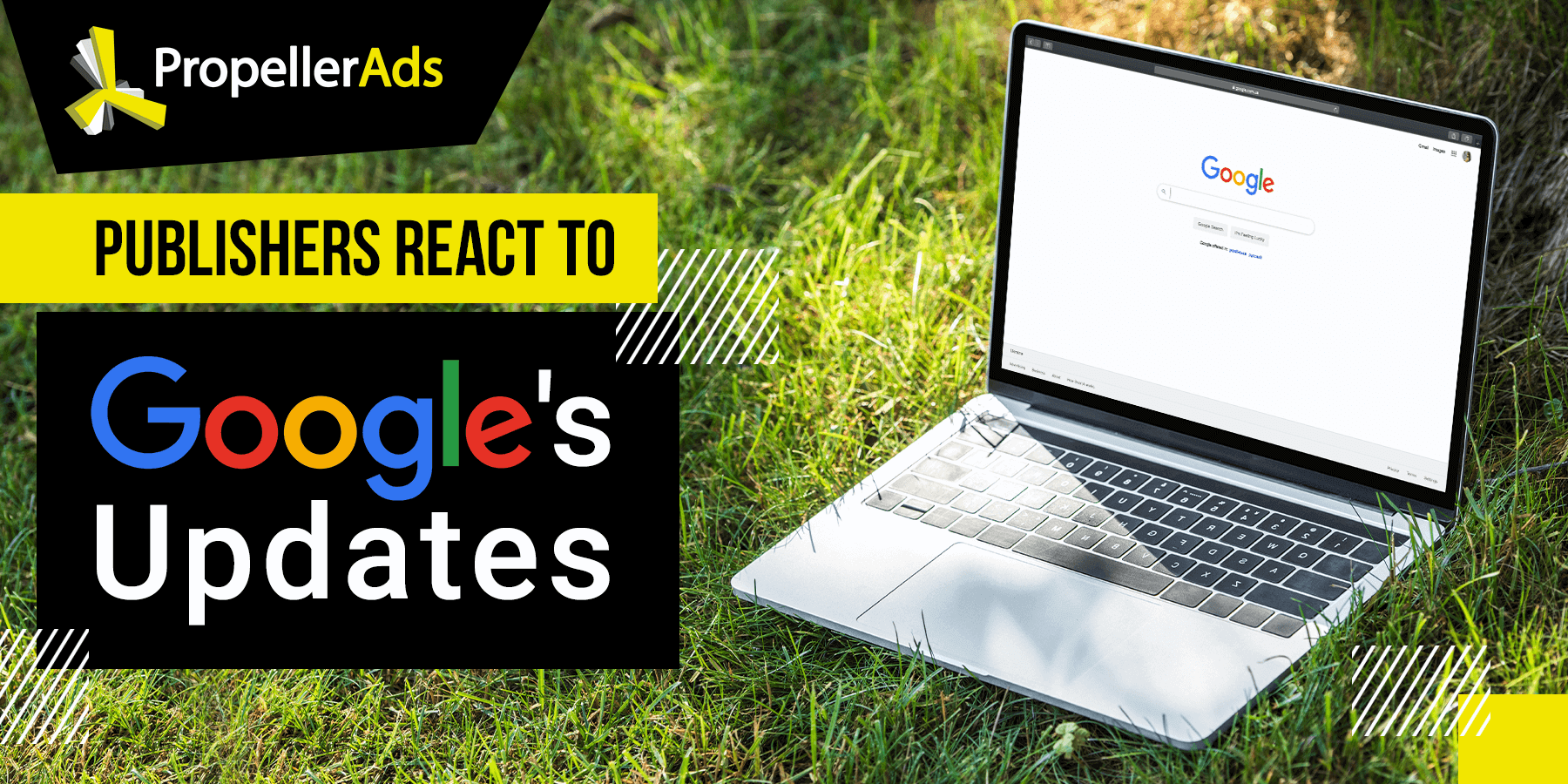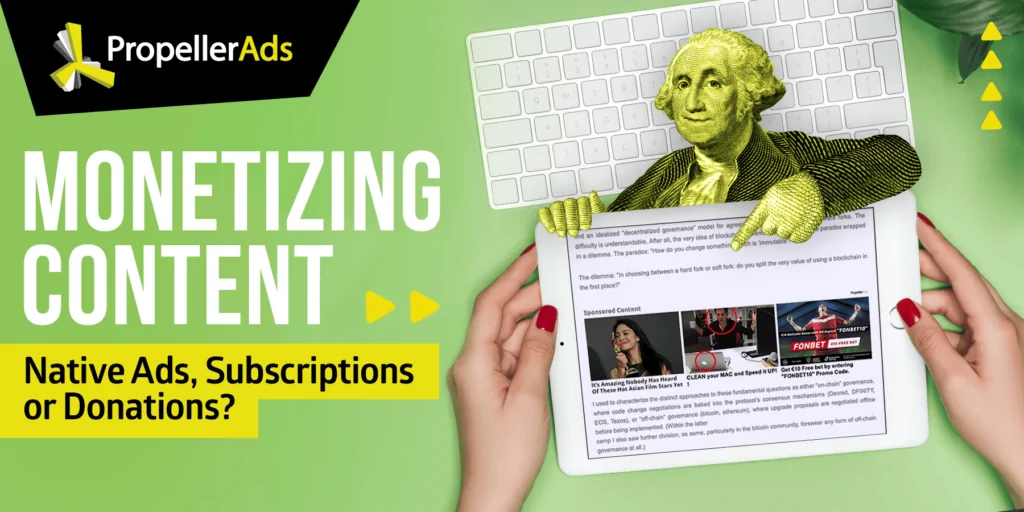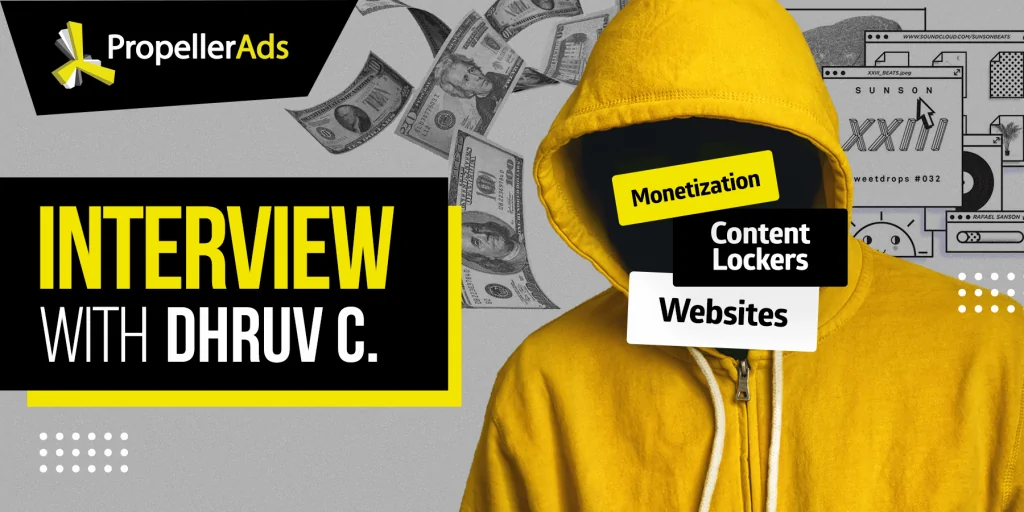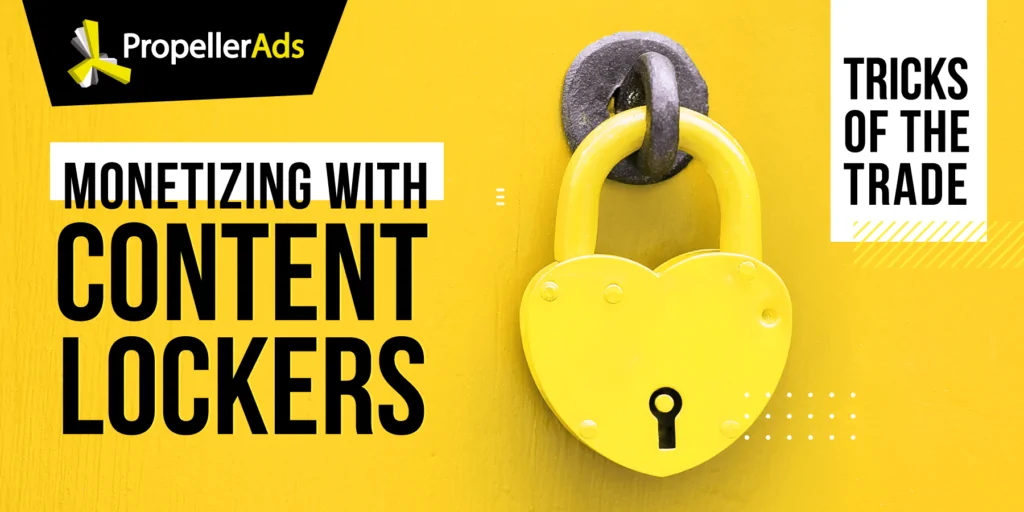Publishers React to Google’s Updates: Pricing, Anti-Tracking & Cookies

Unfair fights have become a part of the fiber that makes up the human race. From David versus Goliath to Luke Skywalker versus Darth Vader, we are all familiar with the stories that see giants clash against underdogs.
European publishers are now facing a similar battle of their own. Facebook and Google, the two biggest publishing companies out there, are starting to crack down on tracking and other tools that are essential to independent publishers.
Below, we’ll go over the different limitations that Google is imposing on publishers. We’ll also discuss the options that ad networks like PropellerAds are making available to publishing platforms.
What Limitations are Publishers Facing?
As many publishers already know, Google is implementing a variety of changes that will affect the affiliate ecosystem in one way or another. In essence, the adjustments will limit the ability to track on Chrome, thus giving the search giant an unfair advantage over the competition.
Some of these new limitations include:
The Anti-Tracking Movement
The anti-tracking movement is almost as big as the pop-up blocker trend, but it has a more profound impact. Firefox and Safari have allowed users to block third-party trackers for a while now, but Google is planning to give Chrome users the same ability sometime in the near future.
This would be a hard blow for obvious reasons as publishers wouldn’t be able to collect the deep information that makes for valuable traffic, while Google would still have access to user behavior through the search engine.
Google’s Pricing Changes
Additionally, Google is also making changes to its pricing scheme. The new “unified pricing” is a complex system, but the gist of it is that publishers will lose the ability to set the prices on their own inventory. Instead, they will have to offer a flat rate across all vendors, including Google. And, while some argue that it will increase consumption and hardly affect profits, many publishers are worried about the thin margins that already rule the industry.
Extinction of 3rd Party Cookies
Thanks to the ePrivacy regulation, third-party cookies may be a thing of the past. This, in fairness, is out of the search giant’s power – but adding anti-tracking at the same time is like adding salt to the wound.
European Publishers Organizing Login Unions
To combat Google’s imminent changes, many European publishers are establishing login alliances. These allow consumers to register on multiple websites with a single account, thus enabling publishers to collect more comprehensive data in order to provide quality traffic to advertisers.
There are already login unions in Germany, France, and other countries – but the results are still mixed as this solution is in its early stages.
So, What Alternatives Do Publishers Have?
Google is the latest juggernaut to limit what publishers can do and the data they have access to. After the Cambridge Analytica scandal, Facebook implemented a number of changes and it’s likely that the social giant will also follow suit to Alphabet’s biggest company.
What’s next?
Publishers can turn to independent networks like PropellerAds that allow access to quality traffic without significant limitations. These platforms implement specialized technologies that allow you to monetize while giving you the freedom to control inventory and set up most details as you see fit.
Facebook and Google currently have a grip on the digital publishing industry. But, as new changes roll out, independent publishers should start looking for ways to protect their platform, traffic, and abilities without having to sacrifice performance.
To learn more about the changes that affect the affiliate ecosystem or the technologies that power our network, get in touch with us and our team will be happy to help.



